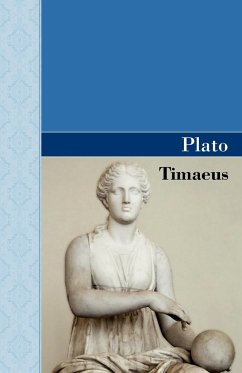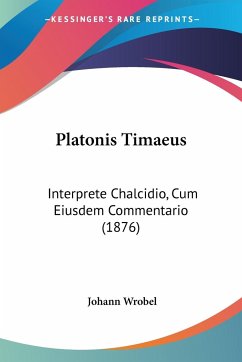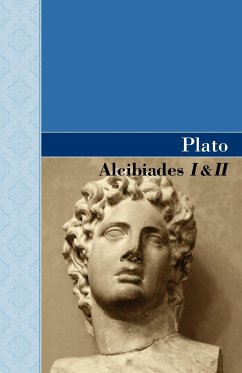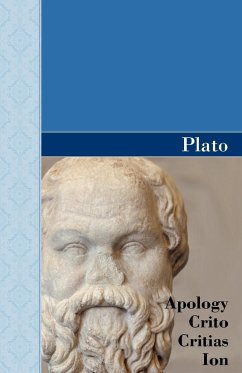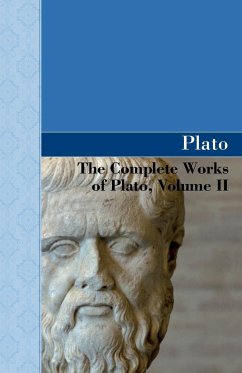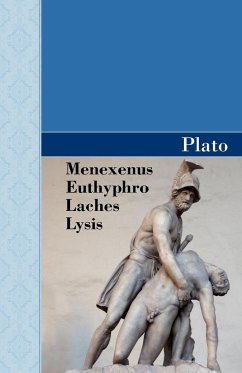Timaeus is a work of dramatic scope, presenting a view of the world as Plato knew it. Beginning with an account of the origins of the universe and ending with an exploration of human health and psychology, the book puts forward a coherent explanation of the physical and metaphysical realms and their connection with each other. As extraordinary as they may seem now, Plato's views were extremely influential, informing Western scientific thought up through the Middle Ages. Fascinating both for its divergence from a modern scientific theory and for the philosophical implications of its worldview, Timaeus is essential reading for anyone interested in the Ancient Greeks or the history of scientific thought.
Hinweis: Dieser Artikel kann nur an eine deutsche Lieferadresse ausgeliefert werden.
Hinweis: Dieser Artikel kann nur an eine deutsche Lieferadresse ausgeliefert werden.

